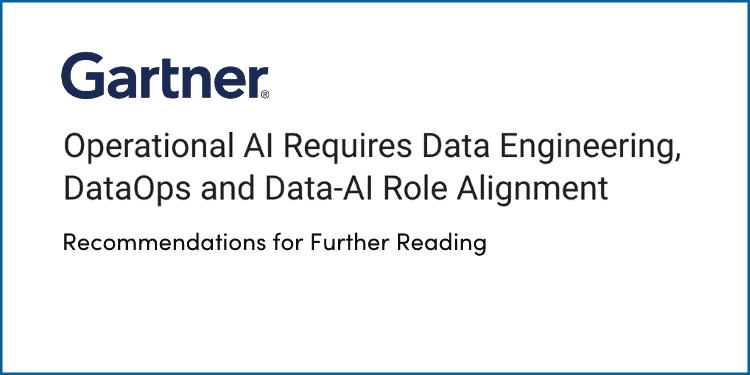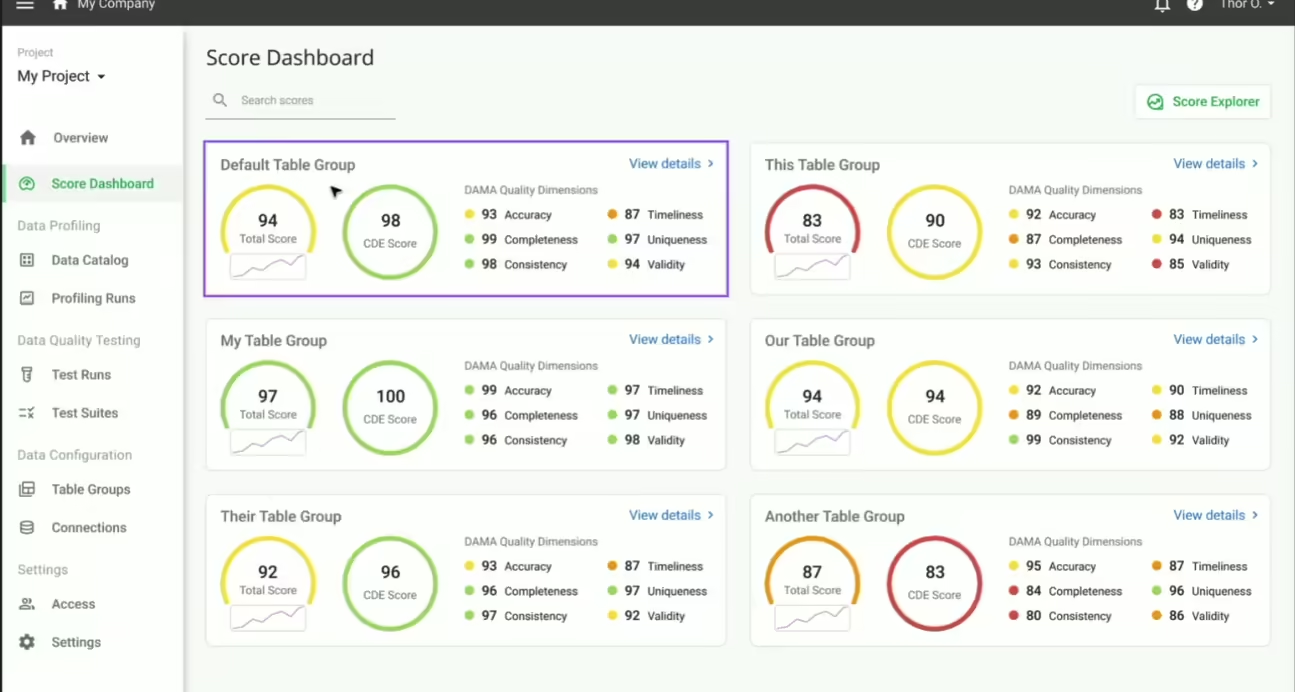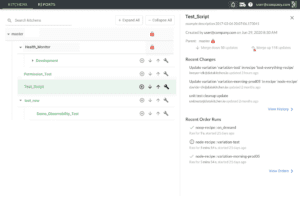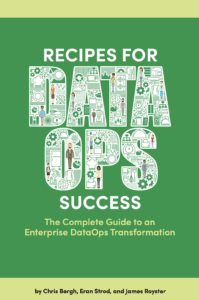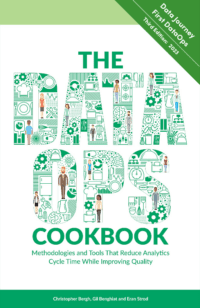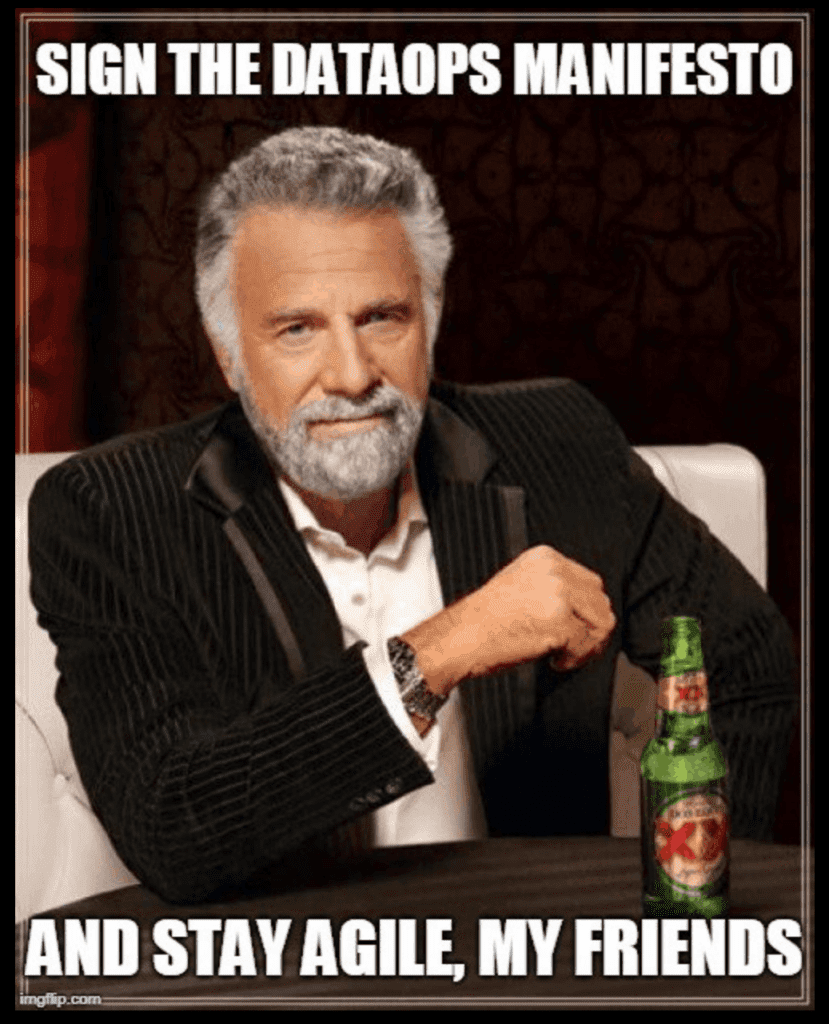In Gartner’s recent report, Operational AI Requires Data Engineering, DataOps, and Data-AI Role Alignment, Robert Thanaraj and Erick Brethenoux recognize that “organizations are not familiar with the processes needed to scale and promote artificial intelligence models from the prototype to the production stages; resulting in uncoordinated production deployment attempts.”
In fact, only 1 in 10 organizations are able to get 75% or more of their AI prototypes into production and it takes 9 months on average to do so. This is similar to findings in a joint Eckerson-DataKitchen DataOps survey.
In this report, Gartner outlines recommendations to effectively operationalize AI solutions that involve the core management competencies of ModelOps, DataOps, and DevOps. Although there is a good degree of overlap between these practices, Figure 1 illustrates their interrelationship.
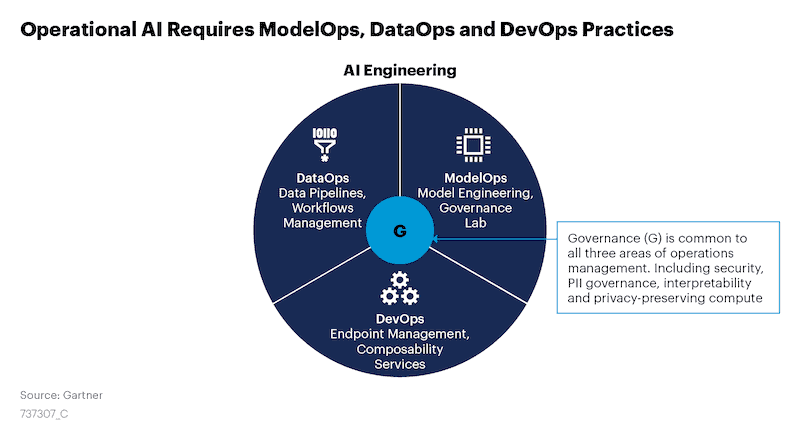
Figure 1: Operational AI Requires ModelOps, DataOps, and DevOps Practices
Below we provide additional suggestions for further reading based on Gartner’s recommendations.
ModelOps
ModelOps is “at the core of an organization’s AI strategy” and is “focused on operationalizing AI models, including the full life cycle management of AI decision models and AI governance.” ModelOps depends on a comprehensive data foundation enabled by data engineering practices and DataOps.
Blog: Deliver AI and ML Models at Scale with ModelOps
On-Demand Webinar: Your Model is Not an Island: Operationalize Machine Learning at Scale with ModelOps
White Paper: Governance as Code
DataOps
DataOps provides “the foundational data operations for operationalizing AI models. It improves the flow of data to points of consumption in the business.” DataOps describes “how you do data management.”
On-Demand Webinar: Why Do DataOps?
Book: The DataOps Cookbook
White Paper: 7 Steps to Implement DataOps
Data-AI Role Alignment
DataOps is a “collaborative data management practice focused on improving the communication, integration, and automation of data flows between data managers and data consumers.” Therefore, “data and analytics leaders should set up cross-functional data and AI teams with both traditional and modern roles.”
On-Demand Webinar: How to Build a Winning Data Team
White Paper: Reducing Organizational Complexity with DataOps
Blog: Improving Teamwork in Data Analytics with DataOps
Product Development Focus for AI Agility
“Introducing product deployment practices to data management is essential.” These practices include CI/CD automation and automated testing.
Blog: Add DataOps Tests for Error-Free Analytics
Blog: Add DataOps Tests to Deploy with Confidence
White Paper: DataOps is Not Just DevOps for Data
On-Demand Webinar – Orchestrate Development Pipelines for Fast and Fearless Deployment
For more information on operationalizing AI models, you can read the entire Gartner report here.
